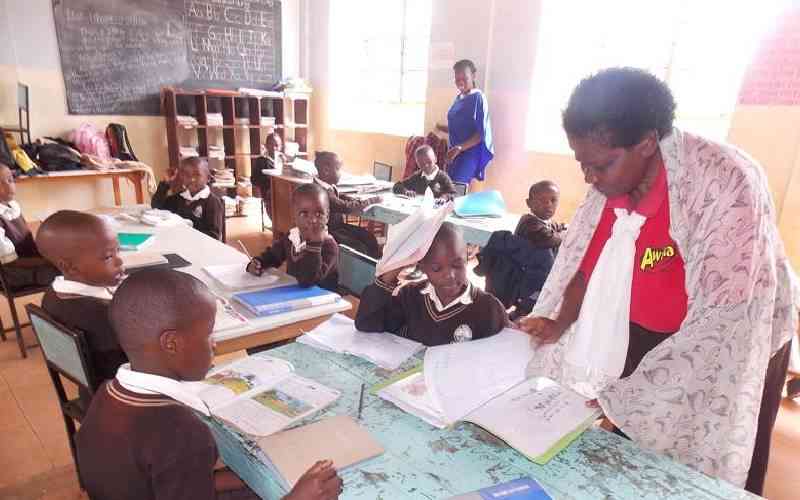
Schools are set to open on January 8, 2024, after slightly more than two months of holiday. No doubt, the prospects have begun to fill parents with trepidation, especially because of mounting pressure to raise school fees amid a serious economic slump, and an unprecedented high cost of living that has left many bewildered.
The government's inability to release capitation funds on time only compounds an already worse situation. Unfortunately, the situation will become a major headache as a high number of students are set to join Form One in 2024.